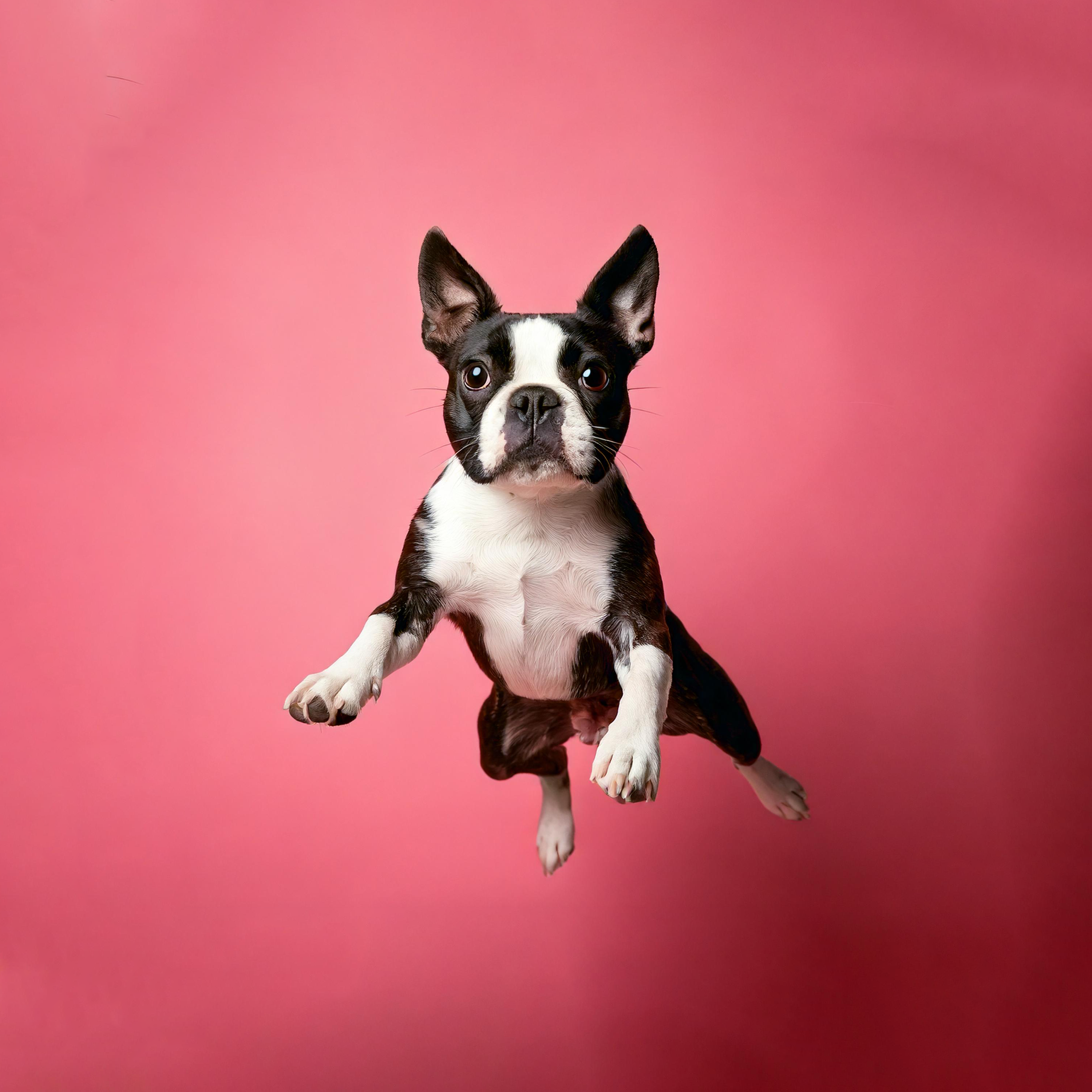Glaucoma
Glaucoma causes increased intraocular pressure and damage to the optic nerve. In the early stages of the development of the issue, the vision of companion animals deteriorates slightly, yet, over time, it may lead to incurable blindness.
Disease prevention is difficult. However, regular veterinary diagnostics and eye health checks will significantly help in the timely detection of the disease and effective treatment. A diet rich in antioxidants, omega-3 fatty acids, and vitamins A, C, and E will significantly benefit your companion animal maintaining eye health.
Dry Eye Syndrome
Dry eyes can be caused by insufficient intake of water. Difficulty producing tears leads to eye irritation and vision problems. The climate is often seen as a provoking circumstance for eye problems. For instance, if you plan to spend the summer with your furry friend at the seaside, it’s advisable to take extra care and keep your companion animal out of the heat.
Pay close attention to such early symptoms as redness and tearing. It’s advisable to visit a veterinarian as soon as these symptoms appear. As a competent parent, further, keep in mind that daily care and regular cleaning of the eyes with hygiene products specially designed for dogs are essential for the prevention of eye diseases.
Brachycephaly
Just like the Shih Tzu, Bulldog, and Boxer, the Boston Terrier is a brachycephalic breed. This means that it features a short nose and narrowed nostrils. That’s why these important family members are prone to breathing problems and snoring as the temperature rises. Their breathing problem worsens with weight gain. Therefore, eating healthy food and monitoring weight are of particular importance for preventing the problem.
Due to the brachycephalic structure of the skull, leaving the Boston Terrier indoors for long periods is particularly dangerous. Also, avoid walking in the sun. High air temperature and direct sunlight cause a large amount of mucus to accumulate in the nasal cavity of our companion animals and cause breathing difficulties.
Kneecap Dislocation
Kneecap dislocation is a hereditary hardship. To avoid the discomfort caused by this problem, it’s necessary to exercise regularly and maintain a healthy weight. Remedial surgery may be necessary to fix severe cases of kneecap dislocation. Yet, regular veterinary check-ups will detect the early signs of the disease and allow you to take appropriate measures at the earliest stage of the trouble.
Cushing’s syndrome
Cushing’s syndrome is a hormonal disorder caused by adrenal glands secreting excess cortisol. Preventing the syndrome involves maintaining a healthy weight and providing a balanced diet. Effective treatment depends on the underlying cause and may include a combination of surgery and medication. If a tumor is the source, surgical removal is often necessary.
For non-surgical cases, medications can help regulate cortisol levels. Regular veterinary check-ups and early detection are essential to managing this condition and ensuring the long-term health of your pet.
Skin Infection
Wrinkles characteristic of the Boston Terrier are an important risk factor for the development of infection. Accumulation of moisture and natural essential oils in the folds of the skin can cause unpleasant symptoms such as redness, itching, or burning. To prevent dermatological problems, regular cleaning and proper drying of the folds is of particular importance.
Hereditary Cataract
Cataracts cause a gradual deterioration of the companion animal’s vision. At this time, the crystal, which is transparent in a healthy eye, acquires a grayish or milky color. Congenital cataracts are usually caused by an infectious disease or birth trauma acquired during the mother’s pregnancy.
Although managing congenital diseases is often beyond our control, eating foods rich in vitamins and minerals can greatly improve the eye health of our important family members. As a competent parent, remember that regular veterinary check-ups and protecting the eyes from the harmful effects of the sun are prerequisites for effective disease management.

